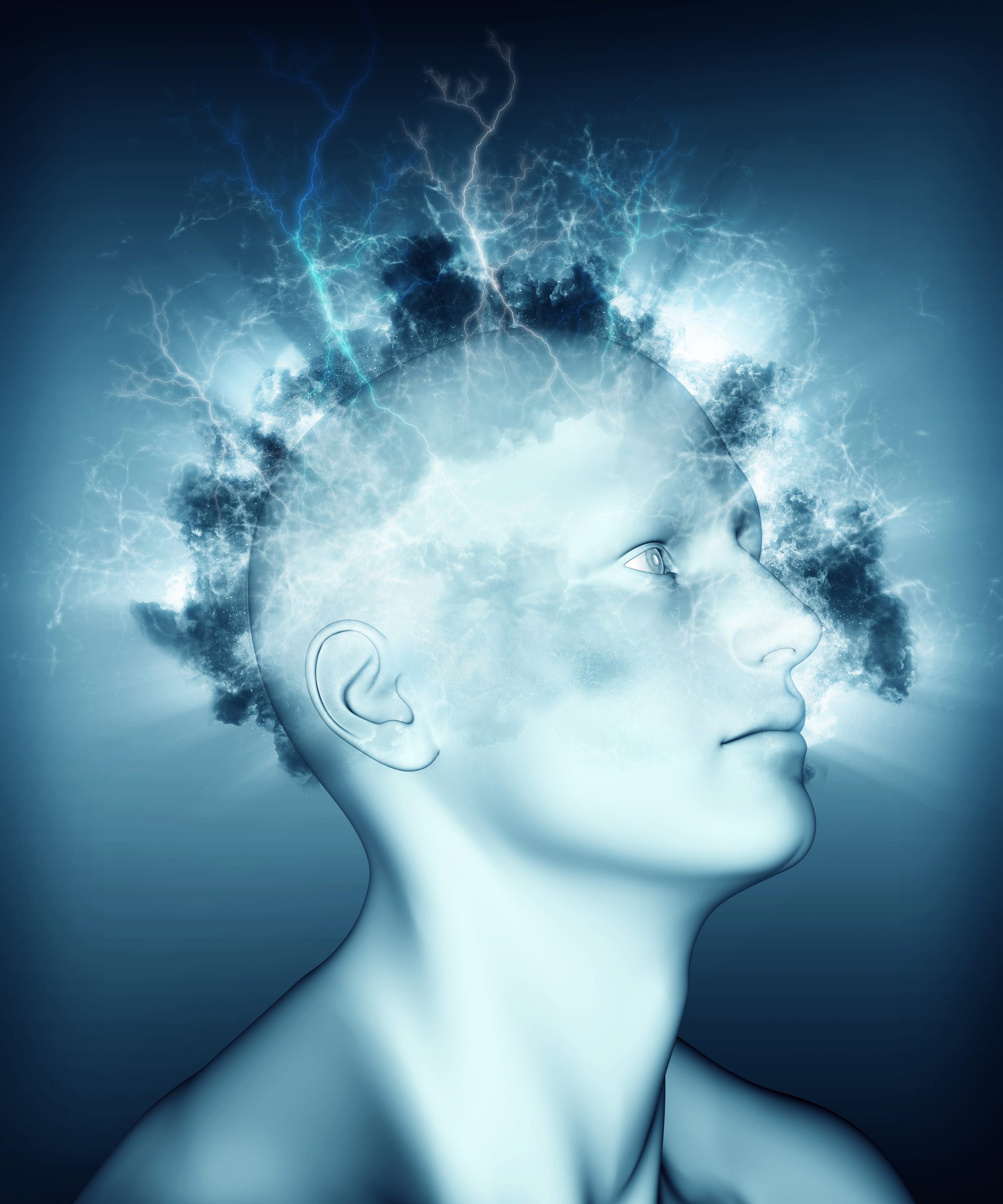

A group of scientists has discovered for the first time that exposure to cold water alters the way various areas of the brain communicate with one another. The research explains why swimming outside or taking a cold bath typically makes people feel happier and more attentive.
Healthy participants participated in a study whose findings were published in the journal Biology, where they underwent a functional MRI (fMRI) scan right after taking a cold bath. The connectivity between the areas of the brain that process emotions have changed, according to these scans.
33 volunteers were gathered for the trial by the study team from the Universities of Portsmouth, Bournemouth, and University Hospitals Dorset (UHD). Researchers Dr. Heather Massey from the University of Portsmouth and imaging specialists from Bournemouth University and UHD made up the team.
Dr. Massey, from the School of Sport, Health and Exercise Science, said, “It has been a really pleasing experience to work with this interdisciplinary team to develop a method and publish this piece of research that could only be completed by a group with such a diverse skill set.
“With the growing popularity of outdoor swimming and cold-water immersion, which many now use to support improved mood, it is long overdue that we study how it may affect us. We know so much about the impact cold water immersion can have on the body, but the brain has had little focus, primarily as it has been more challenging to study. It is only now that technology is developing, can we start to get some insight.”
Dr. Ala Yankouskaya, Senior Lecturer in Psychology at Bournemouth University, led the study. She said, “The benefits of cold-water immersion are widely known from previous studies where participants were questioned on how they feel afterward, but we wanted to see how the shock of going into the cold water actually affects the brain.”
A preliminary fMRI scan was performed on each participant when they arrived at Bournemouth University’s Institute of Medical Imaging and Visualization. They were then submerged for five minutes in a pool of water that was 20 degrees Celsius while an ECG and respiration equipment recorded the physiological responses from their bodies. They underwent a second fMRI scan after being swiftly dried so the researchers could check for any changes in their brain activity.
“All tiny parts of the brain are connected to each other in a certain pattern when we carry out activities in our day-to-day lives, so the brain works as a whole,” said Dr. Yankouskaya. “After our participants went in the cold water, we saw the physiological effects—such as shivering and heavy breathing. The MRI scans then showed us how the brain rewires its connectivity to help the person cope with the shock.”
When the scans were compared, the medial prefrontal cortex and the parietal cortex, in particular, showed alterations in the connection between specific brain regions.
“These are the parts of the brain that control our emotions, and help us stay attentive and make decisions,” Dr. Yankouskaya said. “So, when the participants told us that they felt more alert, excited, and generally better after their cold bath, we expected to see changes to the connectivity between those parts. And that is exactly what we found.”
The team members are now planning to use their findings to understand more about the wiring and interactions between parts of the brain for people with mental health conditions.
The medial prefrontal cortex and parietal cortex have different wiring when people have conditions such as depression and anxiety,” Dr. Yankouskaya explained.
“Learning how cold water can rewire these parts of the brain could help us understand why the connectivity is so different for people with these conditions, and hopefully, in the long-term, lead to alternative treatments,” she concluded.
more recommended stories
 Nanoplastics in Brain Tissue and Neurological Risk
Nanoplastics in Brain Tissue and Neurological RiskKey Takeaways for HCPs Nanoplastics are.
 AI Predicts Chronic GVHD Risk After Stem Cell Transplant
AI Predicts Chronic GVHD Risk After Stem Cell TransplantKey Takeaways A new AI-driven tool,.
 Red Meat Consumption Linked to Higher Diabetes Odds
Red Meat Consumption Linked to Higher Diabetes OddsKey Takeaways Higher intake of total,.
 Pediatric Crohn’s Disease Microbial Signature Identified
Pediatric Crohn’s Disease Microbial Signature IdentifiedKey Points at a Glance NYU.
 Nanovaccine Design Boosts Immune Attack on HPV Tumors
Nanovaccine Design Boosts Immune Attack on HPV TumorsKey Highlights Reconfiguring peptide orientation significantly.
 High-Fat Diets Cause Damage to Metabolic Health
High-Fat Diets Cause Damage to Metabolic HealthKey Points Takeaways High-fat and ketogenic.
 Acute Ischemic Stroke: New Evidence for Neuroprotection
Acute Ischemic Stroke: New Evidence for NeuroprotectionKey Highlights A Phase III clinical.
 Statins Rarely Cause Side Effects, Large Trials Show
Statins Rarely Cause Side Effects, Large Trials ShowKey Points at a Glance Large.
 Can Too Many Antioxidants Harm Future Offspring?
Can Too Many Antioxidants Harm Future Offspring?Key Takeaways High-dose antioxidant supplementation in.
 Anxiety Reduction and Emotional Support on Social Media
Anxiety Reduction and Emotional Support on Social MediaKey Summary Anxiety commonly begins in.

Leave a Comment